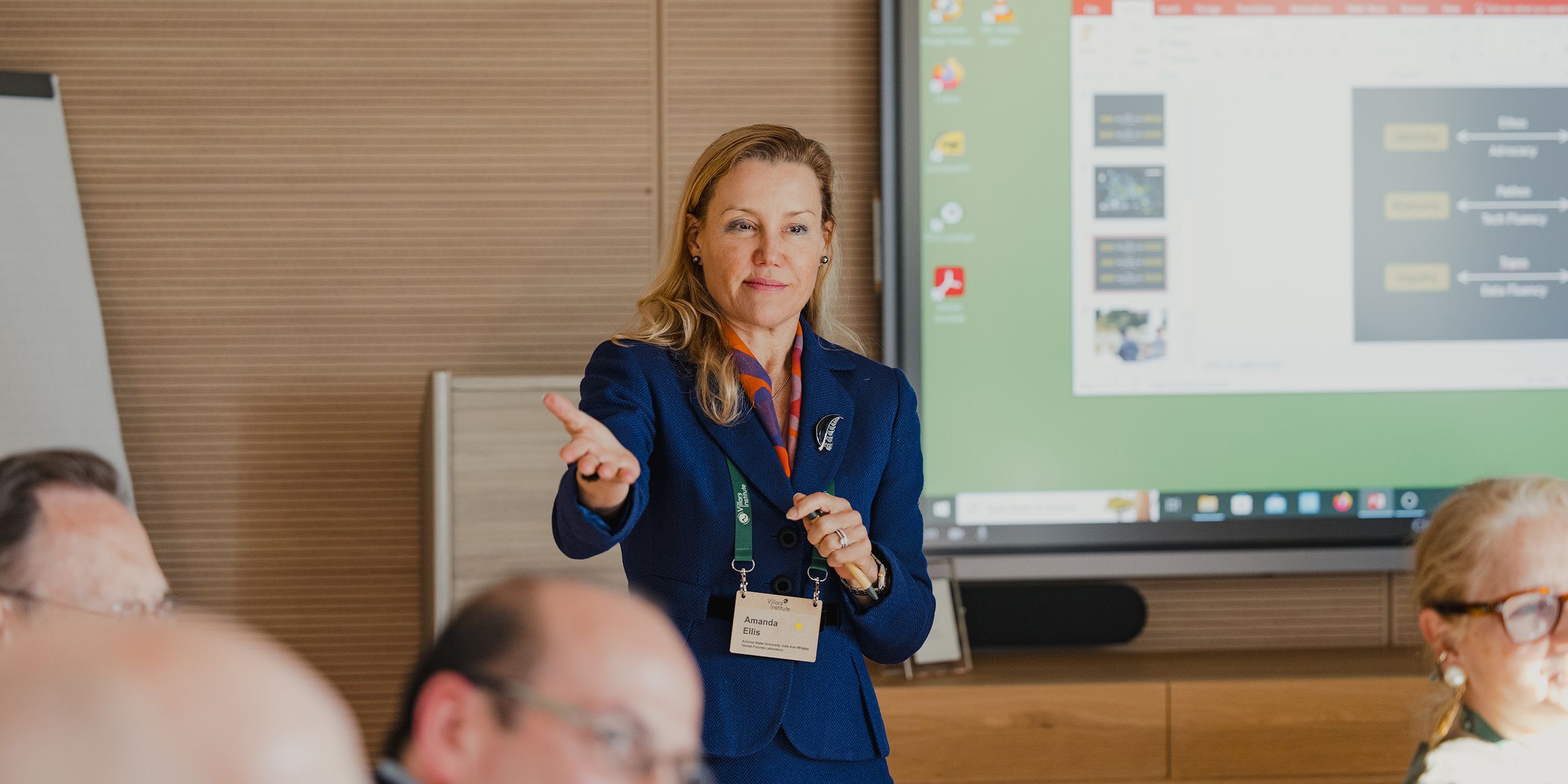The Ideas
“Tena Koutou, tena Koutou, tena koutou”. This traditional Maori address, addressing, in turn, the ancestors, the present generation and those to come, opened the discussion.
The first key theme in the discussion was the importance of interactive tools to help young people realize their agency. Access to technology such as Open Planet, an open-source library of film footage, empowers youth and educators to build their own inspiring stories. These tools help every generation to “tell the stories we need to make the change” and change the “dominant narratives of our culture”. Having accessible, trusted resources in the climate field is paramount. Moreover, giving young people a resource with which to embark on their own projects gives them a voice and a way to help the cause, thus relieving climate anxieties.
The need for curricula to change was also quickly made apparent by the experts. The way that young people interact with the world has changed drastically, as is demonstrated by the way they relate to the media. It has become personalised and interactive. Young people are no longer consumers of information, but producers, too, actively engaging to learn. The modern learner has evolved, but “our school systems have failed to observe and understand this”. Tapping into modern tools such as Earthtime, an accessible data visualization tool, can help young people take action. Moving from inquiry to investigation, educators must first equip young learners with data fluency and knowledge. Then, to move from simple rhetoric to narrative, young people need tech fluency and access to the tools that allow them to create powerful stories. Lastly, to move from a personal sense of identity to action and engagement, we must have the ability to realize our moral responsibility. For example, an expert mentioned a project in which students monitored the illegal fumes from factories in the area and consequently had the government shut the plant down, reducing asthma cases by 42%. Curricula must change to accommodate children’s hunger for action and include children in the solution “in a way that embodies power to them”.
We must recognize that children have passion and determination for change and should be encouraged to move beyond activism to action. Educators must guide young people to make meaningful changes, even in sensitive political environments. We must give youth a place at the table, not just as tokens, but as decision-makers.
Overall, the experts touched on the need for educational reform and how technological tools can help, taking young people from apathy or anxiety to engagement and action.
The Perspectives
The first key theme discussed was the importance of giving young people access to knowledge and tools and helping them take action. We must update school curricula to make climate education interactive and highly visual. Schools must also build the time and resources that young people need into their schedules. These new educational systems must empower future generations to realize their agency, curiosity and knowledge. These changes can be codesigned with students, giving them a voice in their engagement with problems such as climate change.
Another key theme participants discussed was representation. To create a meaningful societal paradigm shift calls to action must come from every corner of society, across all age groups, all genders and all cultures. The stories of seniors can also be a powerful motivator for change and a vital resource. The speed of change required to move into a sustainable future is unprecedented, so mindset change must perforate into all levels of society. “The way we address intergenerational collaboration in each area needs to be different” to work around cultural and political sensitivities as well as make climate action accessible and meaningful to all communities across the world.
Societal change cannot just be among politicians and business leaders. We must also reach the leaders of yesterday and tomorrow and show them how to make change sustainably. To ensure that the changes we make today last into the future and shift the existing narrative towards one of environmental reciprocity, we must start by reforming the education system. We must give youth a voice and empower them to use it.



